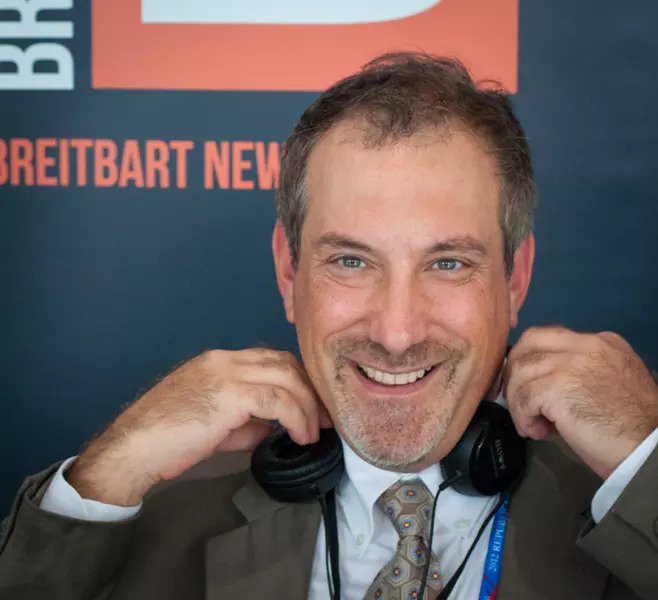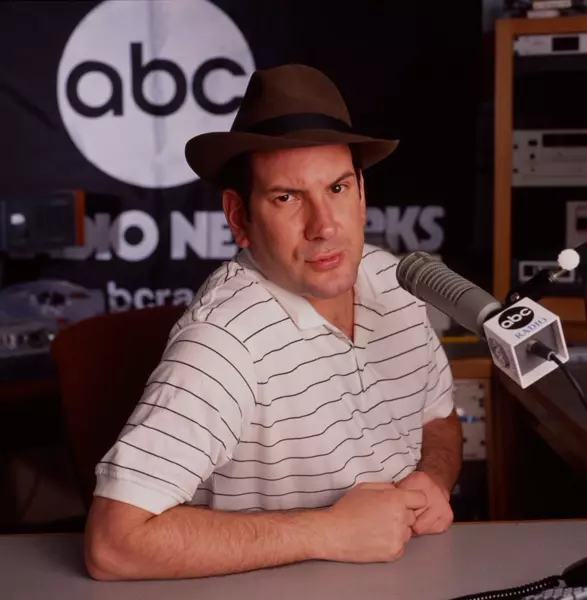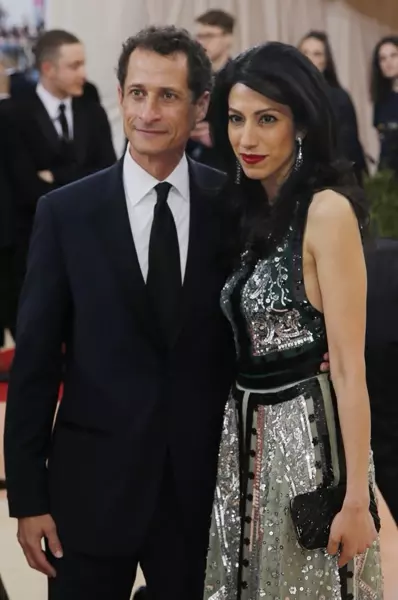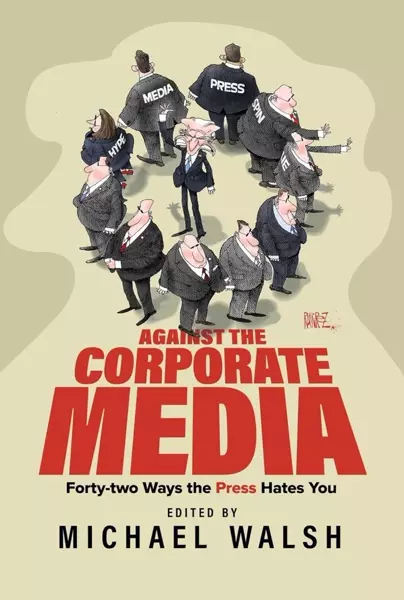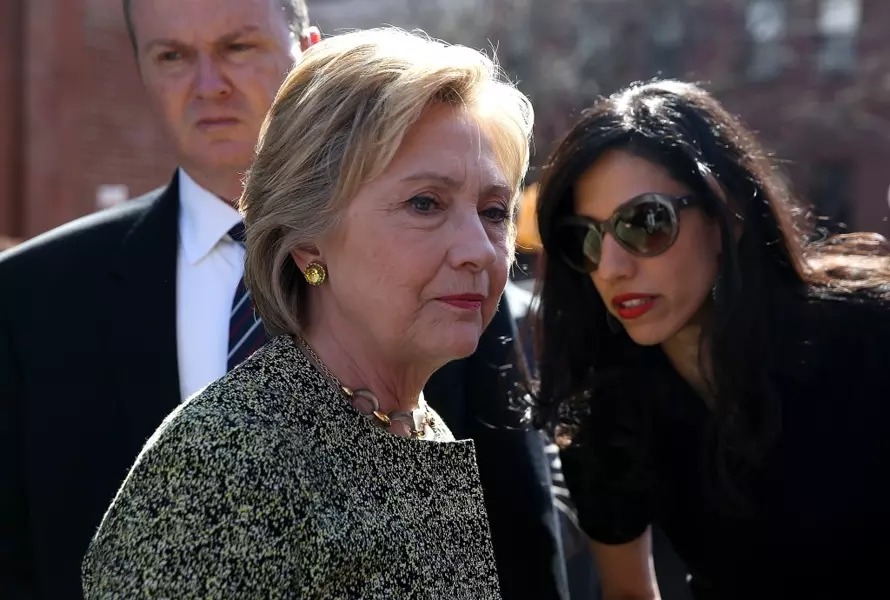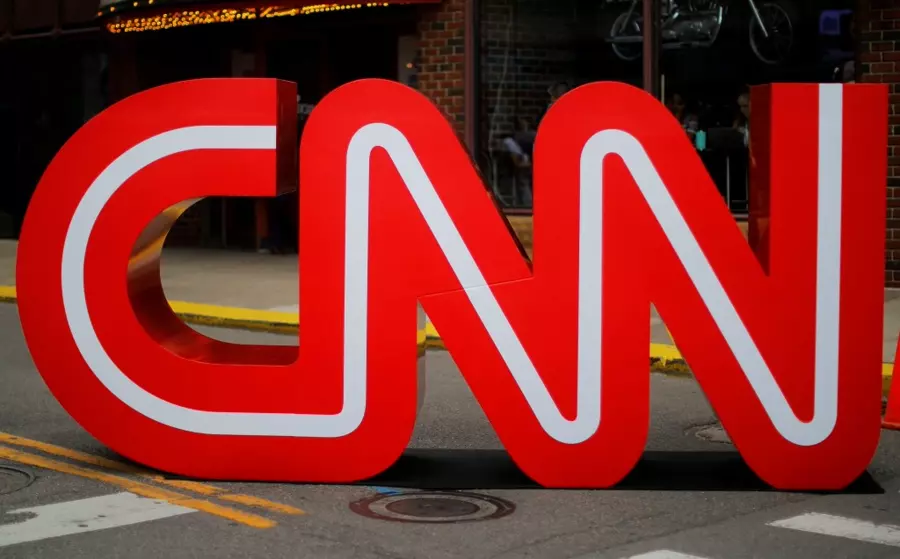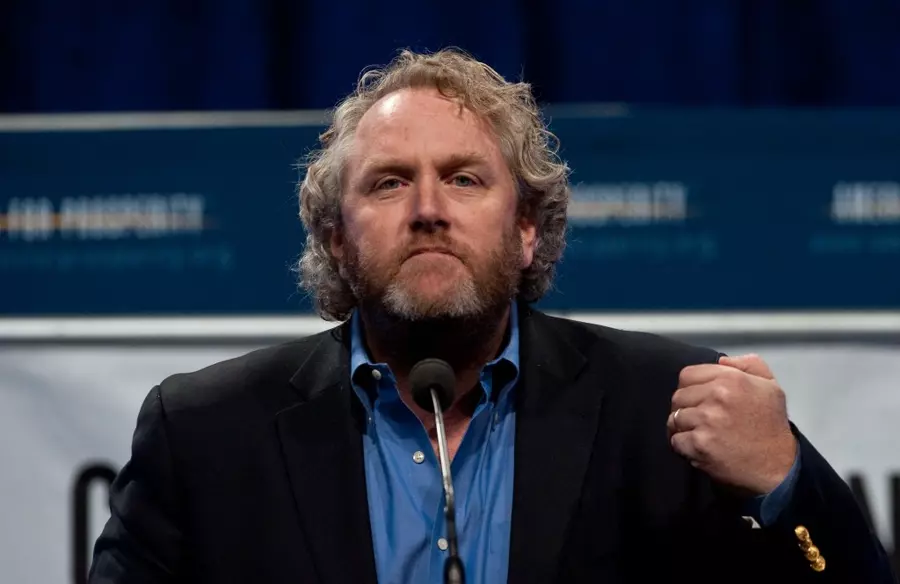In June of 2011, Anthony Weiner was a rising star in the Democratic Party. He had been serving as a U.S. Representative for New York’s 9th congressional district since January 3, 1999, and was known for his progressive stances on various issues. However, everything changed when conservative activist Andrew Breitbart and his team at the website BigGovernment.com revealed that Weiner had been sending explicit photos of himself to women via Twitter.
The story quickly became a sensation in the media, with many questioning how someone as high-profile as Weiner could make such a mistake. The mainstream media treated him as a pariah, and the mainstream media treated him as such.
Cable news became obsessed with the story; they thought they could destroy Breitbart. This was their way of finally being rid of the rightwing upstart who made his name defying their rules.
CNN had Andrew on to discuss our story, where Breitbart factually noted that the media should be scrutinizing Weiner and digging into his apparent interest in sharing lewd, lascivious material with very young women. House legal analyst Jeffrey Toobin was then brought on the air to analyze the legal trouble that Weiner or Breitbart might be in, depending on whom one believed.
Look, this is a light-hearted story. This is a silly little thing that happened; it’s not a big deal,” Toobin said (Toobin’s “not a big deal” is just delicious in light of what led to his career downfall a decade later.
Over on MSNBC, it was Salon’s Joan Walsh who piled on Breitbart and turned him (and those of us who worked on the sites) into the villains of the story. Joan had come to the conclusion that Weinergate was the product of a “rightwing smear machine,” and Andrew Breitbart was the creator and operator of the machine. Corporate journalists at the major, established institutions were spending their energy and effort blaming the messenger, Breitbart, instead of pursuing the truth: that their liberal hero, Anthony Weiner, actually did this awful, self-destructive thing.
The pressure on Andrew was tremendous as Weiner stuck to his story. But cracks were starting to show. By mid-week, some reporters noted that Weiner had not contacted the FBI or even the Capitol Hill Police about the alleged cyber-intrusion. He had lawyered up, however.
CNN’s Dana Bash confronted Weiner on the steps of the Capitol and his performance was less “noble victim” and more “obfuscating perp.” It was clear that he was hiding something. We had him. From an anonymous tip, we knew that Weiner had done this before, and we knew he was lying. By the time Andrew infamously took the podium and hijacked Weiner’s own press conference in Midtown Manhattan on June 6, 2011, the day our tipster’s story was published, Andrew had been fully vindicated, even if Toobin, Joan Walsh, and the rest of his detractors refused to acknowledge it.
The Weinergate affair best exemplifies the revolution that Andrew fought and won in his three short years in the public eye. Like the Lewinsky scandal 15 years before, the Weiner story broke online and outside of the self-appointed news gatekeepers. If they had been in charge still, they would have shelved the story.
It would have died. But Andrew’s new-media revolution created the environment where The New York Times, The Washington Post and the broadcast networks were irrelevant bystanders.
Ultimately, the Weinergate story was a media story. About how the media missed the news. Ignored the news because its members didn’t like what they saw.
Distorted the news so it could fit their preconceived narrative. And finally, how the members of the media memory-holed the news, evidenced by their willingness to celebrate Weiner’s triumphant return to public life in 2013 when a “rehabilitated” Weiner came a whisker away from becoming mayor of New York City. He would have easily won the election if it weren’t for yet another sexting scandal.
Since the Weinergate affair, things have never been the same for the legacy media. The media revolution Andrew began reached full circle when in 2016 a man who was rejected by the editorial boards of 98 of the one hundred largest newspapers in America won the presidential election.
